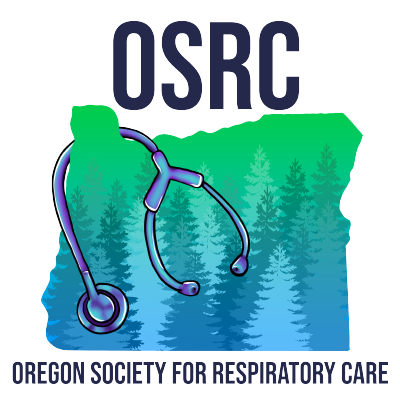This year is the first year that the PACT group went to Washington DC to support legislation that we had nothing to do with writing. We were supporting the Medicare Telehealth Parity Act. It is legislation written by the Telehealth group that includes Respiratory Therapy in the language. It is one of several Telehealth bills in various stages of development, but the only one that specifically mentions Respiratory Therapy and Respiratory Therapists in the same bill.
The bill if passed would add language to Medicare in a bill passed by congress recognizing Respiratory Therapy as a profession. Although this may sound like a small thing, it is not because currently we are not recognized by CMS. The bill has not yet been introduced into this session of congress, but was introduced last year late in the cycle. It was well supported but never gained enough traction to get into the Senate.
While in DC I had the opportunity to visit with the office staff of all of our elected officials and did get to speak personally with a couple of them. As with years past the offices were supportive of our cause, and there was no real opposition to the legislation from any of the offices. Unlike years past the staff members we spoke to and the members as that we spoke to as well were very familiar with the legislation and supported it.
It was the first time that talked to our elected officials and did not get the feeling there was opposition from the other side. This bill mentions other providers as well; it mentions PT, OT, Speech, Diabetes educators and others. There groups also support this bill, and either have been or will be lobbying for it this year. That aside our legislators not only knew I was coming, but they knew that this was a topic important to their constituents. Every office I went into said something about the number of messages they had received from therapists in their district. It was great to have this support. All things considered it made the experience much different than in years past. No longer did they wonder who we are or how our message could potentially impact their district. They were well versed what I was talking about.
They had good questions for me about how we could impact readmissions, and leaving every office I either had verbal support and a request to let them know when the bill was introduced, or a pledge to co-sponsor the legislation when it was introduced. The message I was getting from Oregon continued during the debriefing that evening.
I listened to other representatives from other states echo the same message. It didn’t matter if it was a red state or a blue one. They all had a similar experience. The day after our official “day at the hill” I had the pleasure of meeting Senator Merkley with 2 therapists from Kaiser. I met Ben and Brian. They accompanied me to Thursday morning coffee with the Senator. There were a lot of people there to have coffee with the Senator, and our time with him was brief. We did manage to get a picture with him and we had a couple of minutes to discuss the legislation with him. He was also knowledgeable about it and wanted to know when it would be introduced into the Senate. After the meeting with the Senator Ben and Brian went on a tour of the capital compliments of the Senator and his staff. I would without a doubt consider this our most successful year in DC to date. I am hopeful that this legislation will not only get reintroduced in to the House, but also the Senate and pass both.
Telehealth is nothing new, but the language of the proposed legislation adds reimbursement to areas not previously reimbursed, and adds specialty’s by name which include Respiratory Therapy. Telemedicine although no longer a new idea, is becoming more and more commonplace, and in the near future will likely just be the way we make contact with medical professionals on a regular basis at least in the rural areas of the country. The change will likely be slower in the metropolitan areas, but this to will likely change of the next few decades and we will log on for a routine visit to the doctor and not drive to the office or clinic to see them.
By Tony Garber, PACT

